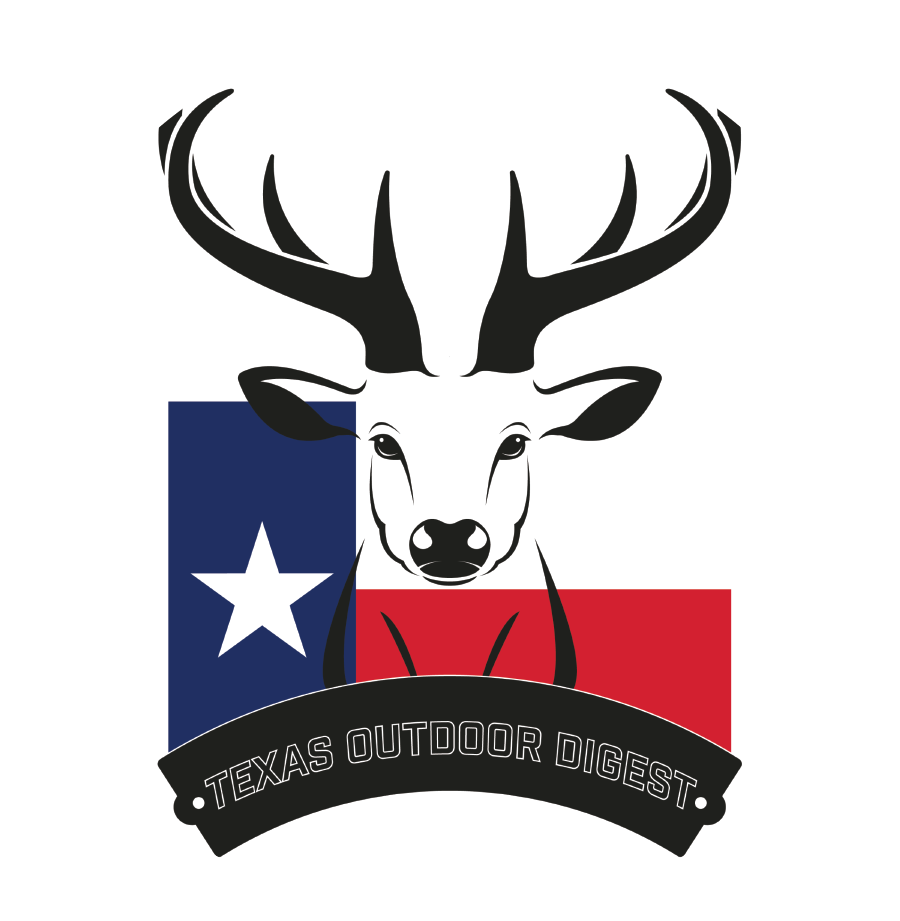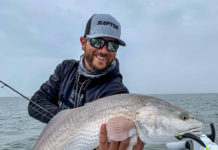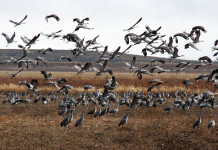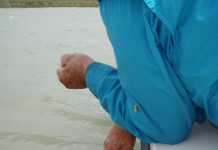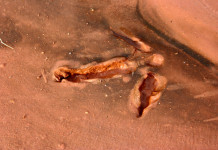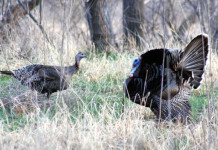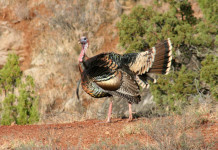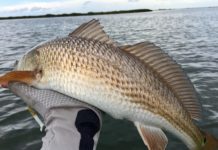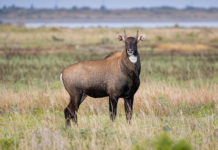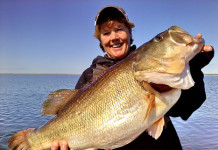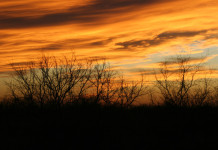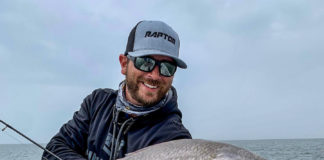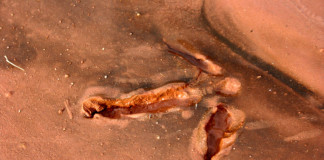The Daily Texas Outdoor Digest is sent to your inbox to keep you up to date about hunting, fishing, conservation and outdoors pursuits making headlines and going viral in the Lone Star State and beyond. It’s free, so subscribe today!
Here’s what’s worth reading today, Monday, August 12, 2019:
Invasive zebra mussels found in Lakes Lyndon B. Johnson, Pflugerville in Central Texas: Established, reproducing populations of invasive zebra mussels have been discovered at two new lakes in Central Texas, Lake Lyndon B. Johnson (LBJ) in the Colorado River basin northwest of Austin and Lake Pflugerville northeast of Austin. Texas Parks & Wildlife Department and Lower Colorado River Authority biologists confirmed the presence of zebra mussels in Lake LBJ after LCRA staff found about a dozen juvenile and adult zebra mussels near the Thomas C. Ferguson Power Plant in the Horseshoe Bay area July 29. Additional surveys also found juvenile and adult zebra mussels attached to structures in several other locations in the lake near Wirtz Dam, McNair Park and Kingsland Community Park and zebra mussel larvae were found in plankton samples. Zebra mussels are expected to spread downstream from Lake LBJ into Lake Marble Falls where zebra mussels haven’t been found to date.
Fly-fishing Texas coastal shallows a real treat: Chuck Naiser killed the outboard motor propelling his poling skiff. The only sound now was a soft hiss that faded as friction of water against the hull slowed and then stopped the craft, leaving the three of us silenty floating in an almost seamless, seemingly bare and lifeless world. But this place — a watery nook like scores of others amid the maze of bays, bights, reaches, flats, islands, reefs, back-bay lakes and sloughs of the estuarine matrix that is the Aransas Bay system of the middle Texas Coast — was so much the opposite. These shallows vibrate with life — extraordinary places offering anglers the opportunity to experience some of the finest, close-quarters fishing on the Texas coast while immersed in a natural world of stunning diversity, complexity and just plain wonder. That magical truth began revealing itself within moments of the boat settling.
Alabama to allow sandhill crane hunting after more than 100 years: Sandhill cranes were once on the verge of extinction. That influenced the U.S. to implement laws in 1916 to protect the species. But now that these migratory birds have made a steady comeback in recent years, Alabama has decided to permit hunters to kill three sandhill cranes each. The state hasn’t had a new species to hunt in about 13 years — the last was an alligator in 2006. Starting in September, Alabama residents can register for a hunting permit. The registration process will be open for several weeks and is limited to residents 16 years or older or Alabama lifetime license holders.
Florida charter captain surprises fishing passengers by pulling 6-foot Burmese python onto boat, killing it: A Florida charter captain has seen plenty of snakes in the water, but last week was a first for him when he came across a Burmese python tired from swimming, according to news reports. Stephen Iannotta pulled the 6-foot snake from the Naples Bay onto his boat and killed it, and later threw the snake away. Iannotta and his three passengers, on a fishing trip, were surprised but “then we just continued on about our day,” he told the paper.
State proposes ban on coyote hunting contests: Motivated by public outcry, the Massachusetts Division of Fisheries and Wildlife has recommended banning hunting contests for coyotes. Proposed state regulations would prohibit coyote hunting contests and other “wanton waste” of wildlife, the State House News Service reported. “The recommendation addresses public concerns that these hunting contests are unethical, contribute to the waste of animals, and incentivize indiscriminant killing of wildlife, inconsistent with the North American Model of Wildlife Conservation,” MassWildlife said on its website.
Crash Landing: How Arizona Diamondbacks’ Archie Bradley started a duck-hunting business: A teenaged Archie Bradley sat in the blind, waiting. Bradley’s high school friend, Casey Mathis, had taken him duck hunting for the first time. It was there, sitting and waiting in the Oklahoma wetlands, that Bradley felt an adrenaline rush matched only by pitching baseballs. Some 10 years later, Bradley has continued to chase that feeling. With the help of another high school friend, Mak Monckton, and local lodge operator Adam Maris, Bradley started his own company to provide others with the same exhilaration for waterfowl hunting in north-central Oklahoma. Most Diamondbacks fans have probably seen the name of Bradley’s company, called Crash Landing Outdoors, without even knowing it. Bradley handed out hats branded with the company logo to teammates and some (including Bradley) have worn them for TV interviews.
Warm up for hunting season by heading to the rifle range: Summer is here with its heat and humidity. While it may provide a good excuse for the half-million-plus gun hunters in Pennsylvania to go dormant in favor of air conditioning and a cold one, leaving this part of the calendar to anglers and sunbathers would be a shame for several reasons. To begin with, far too many casual shooters will remain casual in their proficiency and knowledge of their firearm by putting it in moth balls until a week before hunting season. The warm temperatures outside are actually a positive from the standpoint of finding an empty bench at the range.
The salmon cannon is taking everyone for a joy ride in a very efficient fish tube: The recent re-discovery online of an old video of a salmon cannon transporting migratory salmon between bodies of water is Internet gold and people want in. “This salmon cannon transports the fish between bodies of water,” Cheddar tweeted last week. The pressurized “fish tube” as it called is the environmentally-friendly brainchild of a company appropriately called Whooshh Innovations. Dams can block migration for salmon who need to get where they’re going, but this contraption transports live salmon through the tube and over dams in order to significantly cut down their travel time.
Stay in the Know With The Daily Texas Outdoor Digest
If you haven’t subscribed yet, there’s no better time than right now (We hate spam and we won’t share your information with anyone. That’s just not cool):

